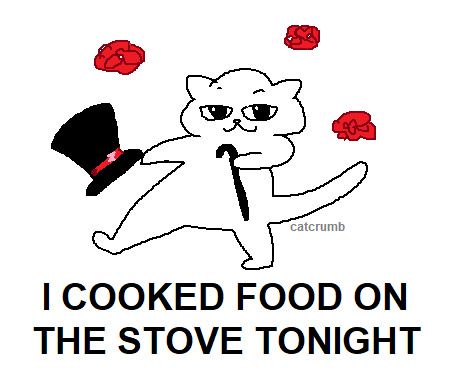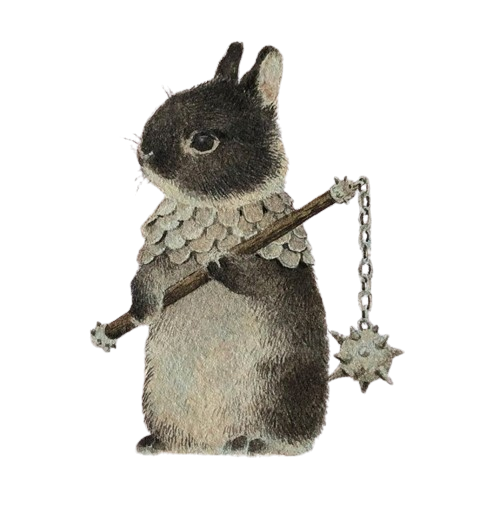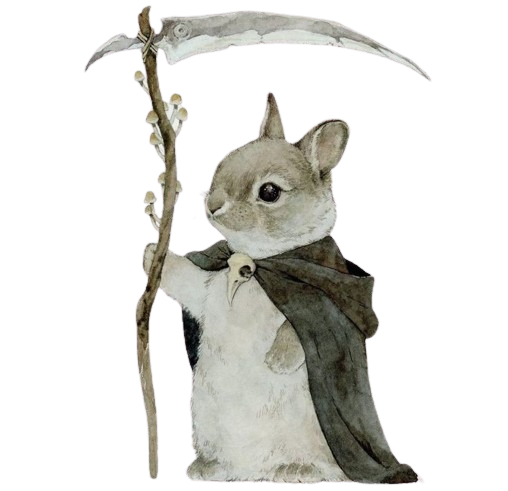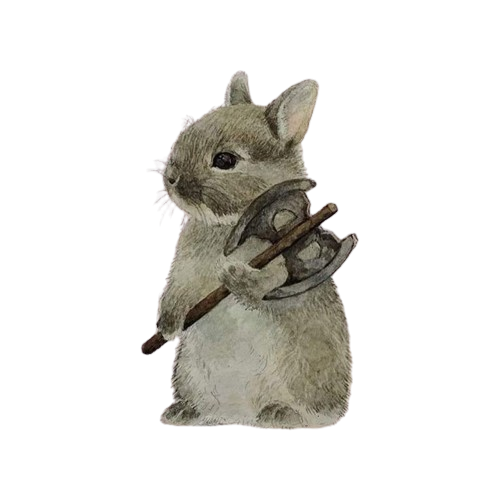You can call me Hatter. My poetry: @glassheartedboy glassheartedboy.tumblr.com Avatar by Veronique Meignaud
Don't wanna be here? Send us removal request.
Text
did you know. that if you press the back of your hand to you mouth. adn wiggle your fingers around. u become cuttlefish ? eazy
29 notes
·
View notes
Text
the great state of— *remembers Massachusetts is actually a commonwealth* the grommonwealth commonwealth of Massachusetts
2K notes
·
View notes
Text


The joy this brought me…. Unspeakable
53K notes
·
View notes
Text
I took my little brother (autistic, mostly non verbal) out and he was using his voice keyboard to tell me something, and this little boy (maybe 4 or 5?) heard him and asked me "Is he a robot??" I tried to explain to him that no, he isn't a robot, he just communicates differently, but my darling brother was in the background max volume "I am robot I am robot I am robot I am robot"
187K notes
·
View notes
Text
does anyone have that one drawing of a greyhound from like the 1920s or whatever please please please i need it the one where it looks like a single piece of forlorn wire i need it
6K notes
·
View notes
Text
I saw some weird ass conspiracy video thing today of like 'we were never meant to have access to yeast, that was cultivated in a lab and it harms us' bullshit and I was like well first off there's no such thing as 'meant to' and second of all um? the long history of acquiring yeast from beer foam stretching so far back ??????
17K notes
·
View notes
Text
135K notes
·
View notes
Text


peace and love on planet pinterest
1K notes
·
View notes
Text

10K notes
·
View notes
Text
Me: *googling an object to learn about it*
Google: Buy? You want to buy? Buying it? Amazon Etsy eBay Wish Shein? You are buying it now?
41K notes
·
View notes
Text

love my pumpkin

scary my pumpkin
138K notes
·
View notes






